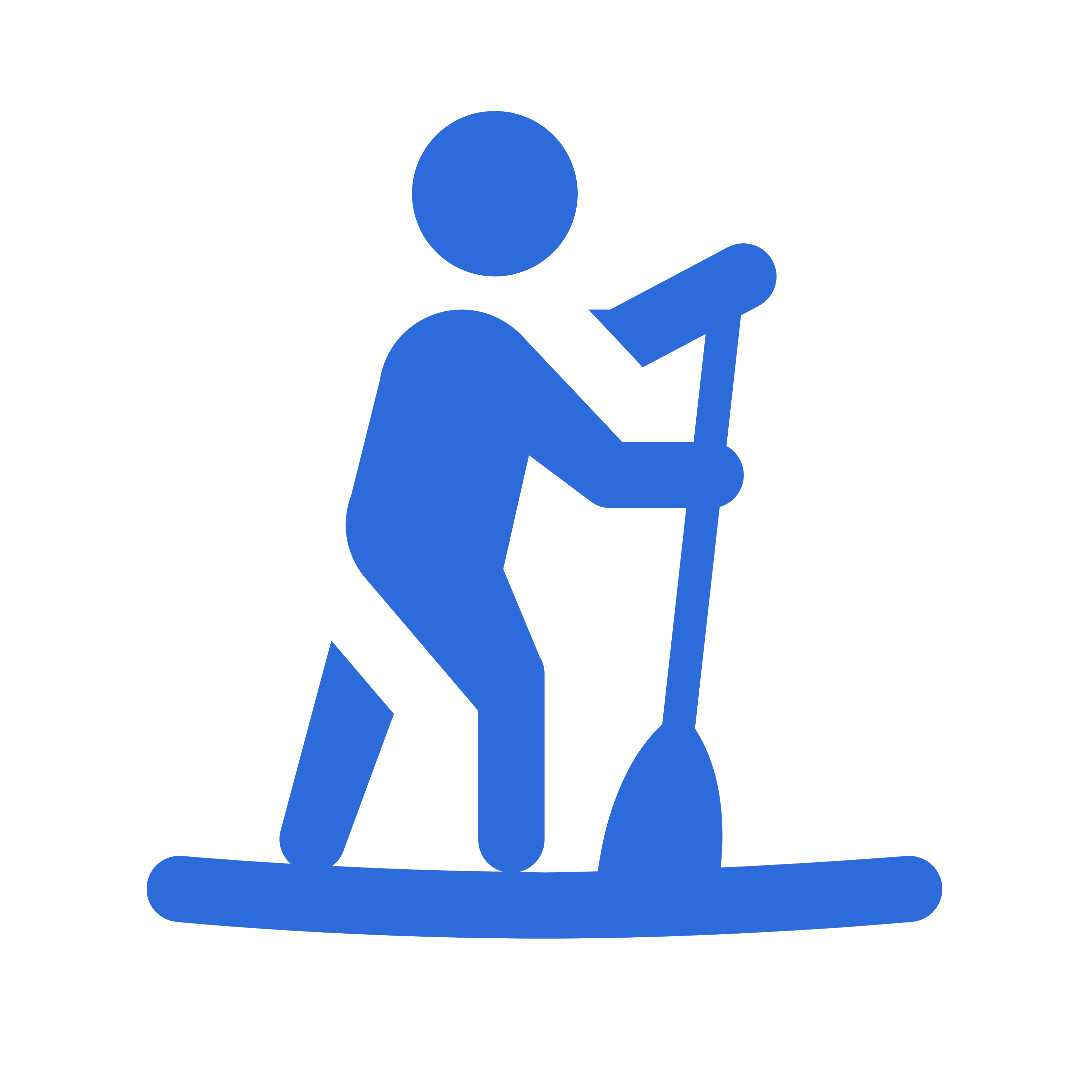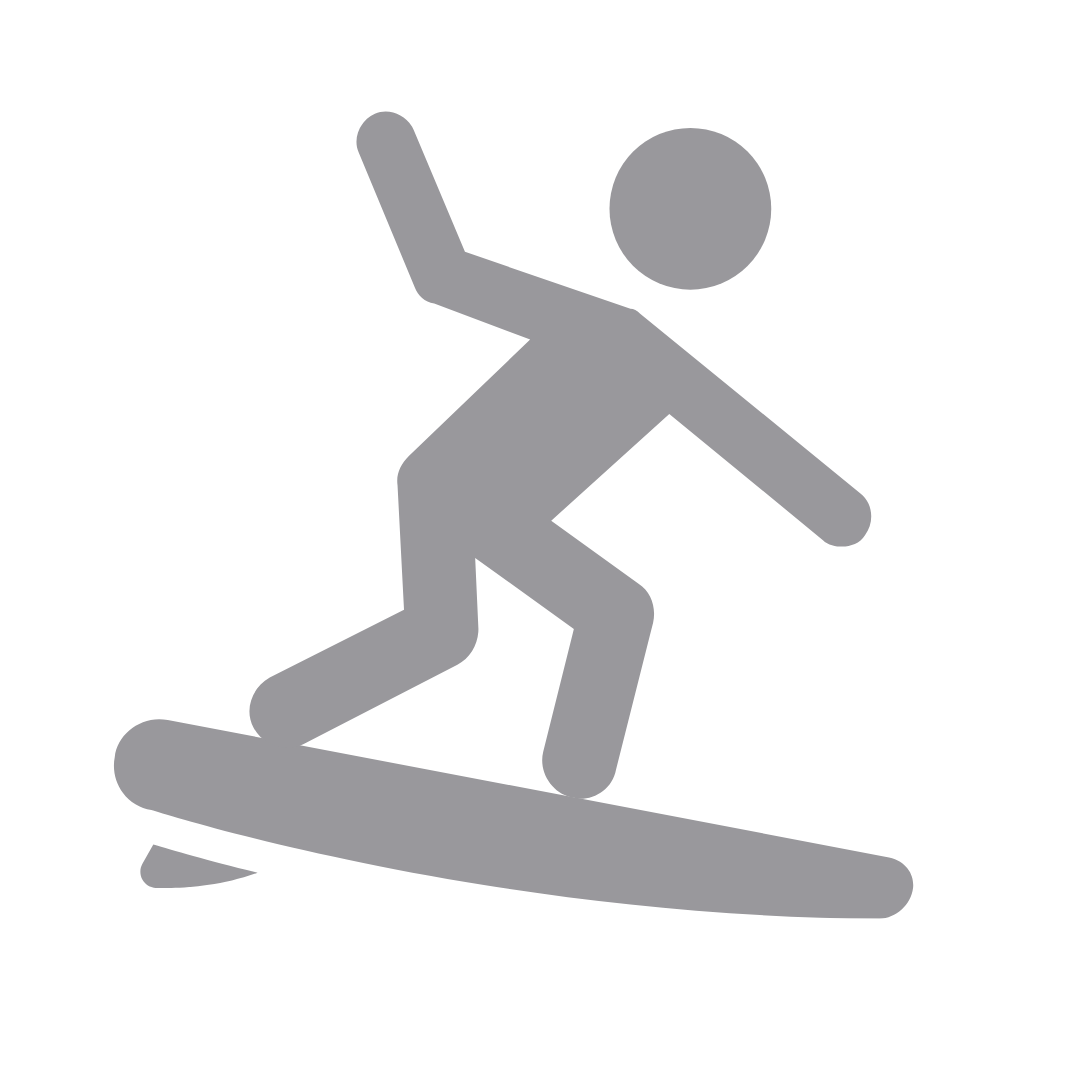Surfing Safety
As surfing continues to gain popularity and people of all ages and skill levels flock to their local surf spots, it is becoming increasingly important for everyone to understand and practice basic surfing etiquette. In short, surfing etiquette is a set of “rules” or a “code of conduct” that is based on common sense and consideration of others. All surfers should follow these general rules and guidelines to ensure that everyone can have a safe and enjoyable session in the water:
The Basics:
- Respect the environment. Surfers are often considered ocean ambassadors and should promote the health of our beaches and ocean. We depend on a clean and healthy ocean, so always properly dispose of any trash you encounter on the beach.
- Maintain a positive attitude! Surfing should be fun for you and everyone else in the line up. Respect others and share waves.
Safety:
- Follow the local laws at the beach you visit. Different beaches maintain different sets of laws (i.e. surf zones, surfing near jetties and piers etc.), so check with a lifeguard for relevant laws before you enter the water.
- Wear a leash. Not only is it a law at many beaches, but wearing a leash is an important way to keep your board close to you and to keep it from becoming a hazard to other surfers.
- Always aid a fellow surfer or swimmer if he/she encounters trouble in the water. The ocean is a dynamic environment and there are many safety hazards including rip currents. Should another surfer or swimmer encounter a problem, immediately offer assistance.
- Everyone who surfs should be certified in CPR and Basic First Aid.
- Keep an eye out for changing weather conditions and always be aware of the dangers of sun exposure.
- Wear your sunscreen.
- Never surf in conditions above your ability level, if you are uncomfortable your will have a great risk of injury
- If in doubt, ask a life guard, they are there to help and are our friends!
Surfing Safety
- If you’re a beginner, avoid surfing in crowed areas while you are learning.
- When paddling out and while in the line up, always be aware of other surfers and swimmers in your area. Knowing roughly where bathers and surfers are located will help you determine when it is safe to paddle into a wave.
- Avoid paddling directly into the area where the waves are breaking (the impact zone). This is important for several reasons. First, if you choose to paddle out in a channel or in a rip current, you will spend less energy. Second, you will be less likely to encounter a surfer riding the face of a wave.
- When paddling out, be aware that a surfer actively riding a wave has the right of way. As a paddler, it is your obligation to avoid a surfer on a wave.
- When two surfers paddle for the same wave, the surfer closer to the peak has the “right of way”.
- Do not snake! A snake is someone who aggressively positions him/herself in front of another surfer who otherwise would be in position to catch the wave. Remember to always respect other more experienced surfers and share waves.
- Call out “left” or “right” to designate which way you will turn as you drop in. This is especially important when two surfers positioned close together near the peak of the wave.
- Duck dive when possible. ONLY abandon your surf board if no one is around.
- If you are just learning take some lessons from a professional and insured surf school or better yet attend a week long camp.
Learning, understanding, and following these basic surfing etiquette guidelines are a must for any surfer. If you encounter someone who fails to respects these rules, gently remind them by explaining the situation with a positive attitude. If everyone just shows some respect, the line up will be a safer and friendlier place! Remember, the best surfer at any beach is the one having the most FUN!!







 RENTALS
RENTALS LESSON
LESSON CAMPS
CAMPS ABOUT
ABOUT SHOP
SHOP